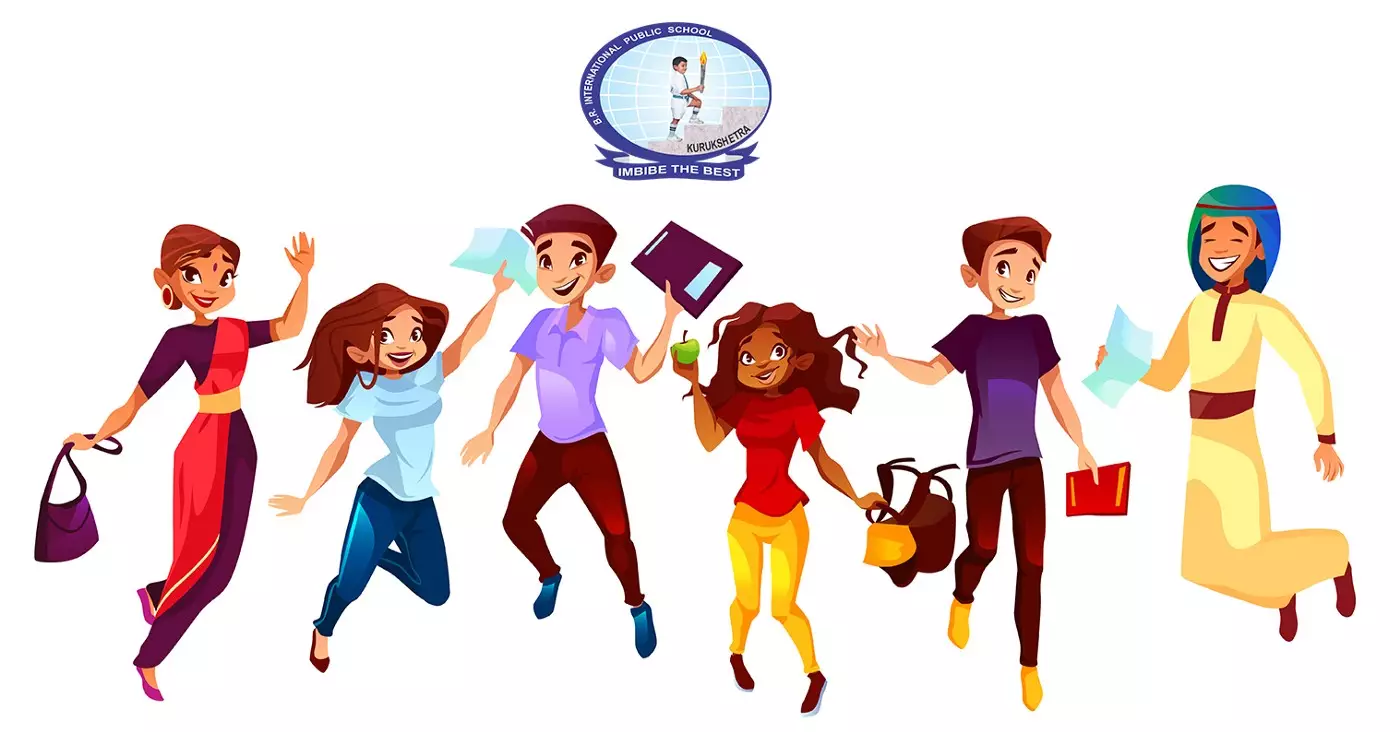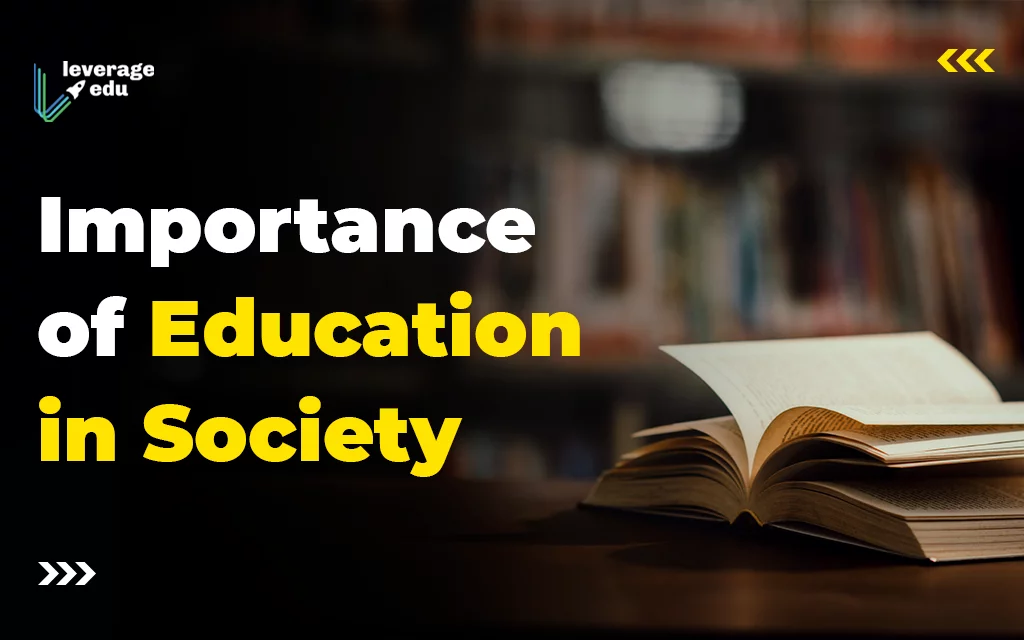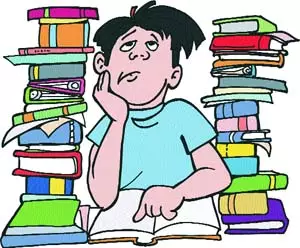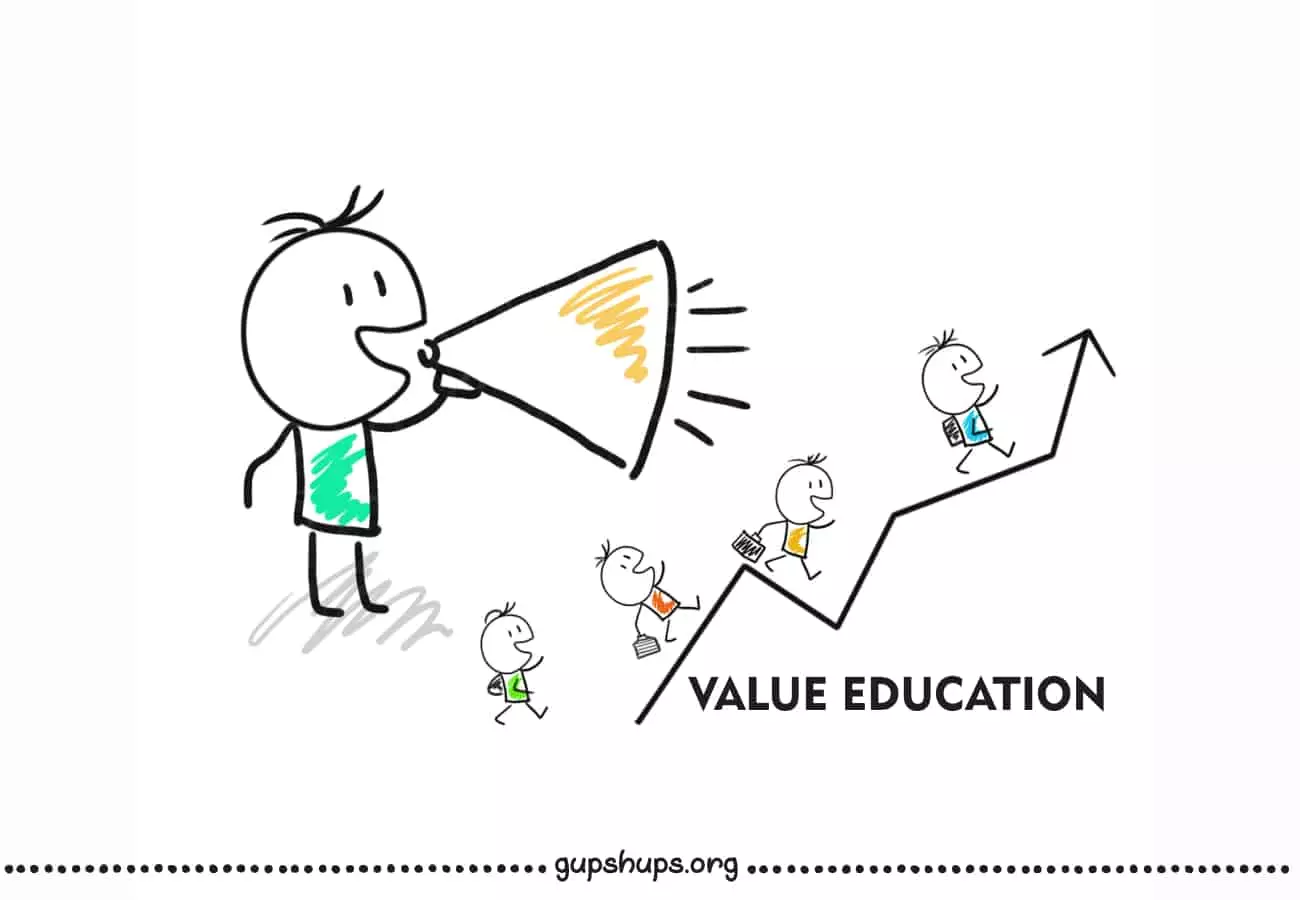What is the Relationship between Education and Politics?
Different persons will approach the relationship between politics and education from different vectors. Folks interested in diving more deeply into specific areas should follow the appropriate links in the info-box to the right. The interface between politics and education is at once deeply intellectual and critically practical.
Some who come to this page will be interested in the relationship between teachers unions and innovative institutional arrangements in schools, others in curriculum and pedagogy, others in race and culture, others in the relationship between technology and education, others in the relationship custom shot glasses between political philosophy and education, or even the politics of knowledge, others in teacher education, others in high-stakes testing and still others in the dynamic relationship between political ideology and education. Of course, this is only to a name a few of the potential vectors of inquiry that permeate the relationship between political and educational phenomena.
It seems evident that formal education should be strongly associated with political participation for women and for men. Indeed, the American sociologists Burns, Schlozman and Verba assert, on the basis of decades of research into the factors influencing women and men’s engagement with politics in the USA, that education is an especially powerful predictor of political participation.
They identify a range of direct and indirect effects that formal education has upon political participation. Its direct effects include the acquisition of the knowledge and communication skills useful for public debate, and direct training in political analysis through courses with current events content.
Its indirect effects are many and include the benefits of voluntary engagement in school government, clubs, sports and school newspapers, these arenas provide young people with an early apprenticeship for politics, where they can exercise leadership, develop civic skills of cooperation and negotiation, and acquire bureaucratic and organizational skills useful for political activity.
Education enhances other factors supporting political engagement, such as access to high-income jobs that provide the resources and contacts for political activity, and access to non-political associations such as charitable organizations or religious establishments that can be a recruitment ground for political activity.





